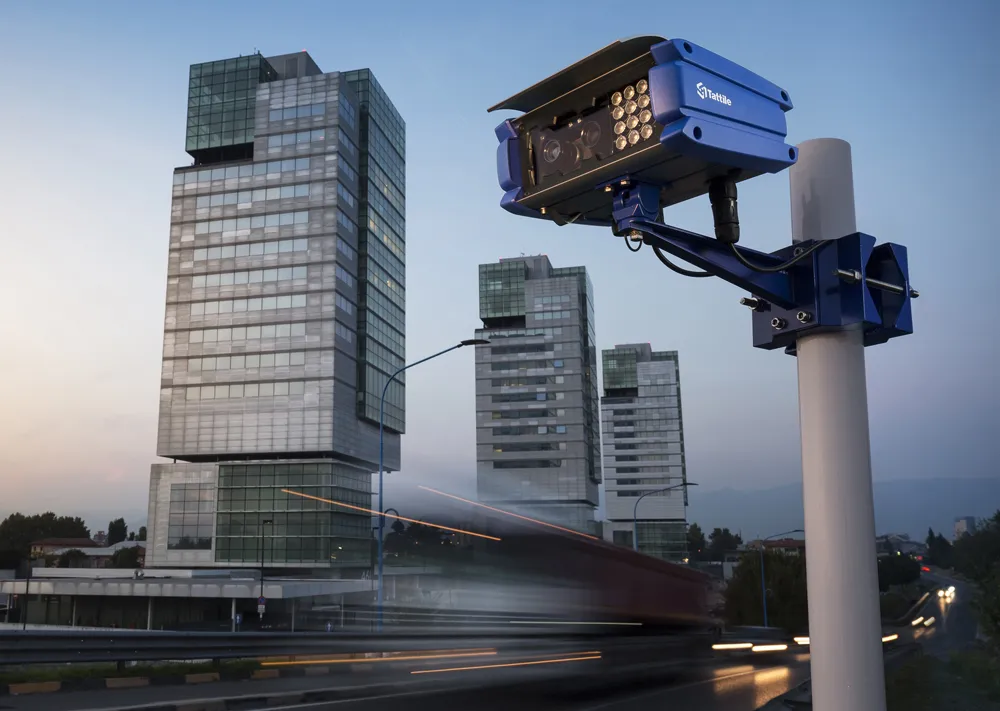PIPS Technology has announced the official launch of the UK Home Office Type Approved SpeedSpike average speed enforcement system. Developed as a cost effective distance over time speed enforcement system, the system can be deployed as main road speed enforcement on motorways, urban speed enforcement in town and city centres or local short distance speed enforcement outside schools and colleges. By linking anywhere up to 1,000 cameras in any one system, PIPS says that SpeedSpike can enforce speeds ranging f
May 18, 2012
Read time: 2 mins
The SpeedSpike system, PIPS first within the average speed enforcement market, will consist of SpikeHD ANPR (Automatic Number Plate Recognition) cameras and a server which is able to compute the average speed of every vehicle at every site and compare it with the enforcement speed.
When a vehicle passes a camera, the licence plate is read and time stamped and this, together with the site‐ID, camera‐ID and event‐ID form a Summary Record that is sent to the SpeedSpike server. This occurs at every camera which the vehicle passes. The SpeedSpike server can then compute the average speed of every vehicle detected at every site and compare it with the enforcement speed to detect violations.
“SpeedSpike is a completely new product to the market and we are confident that it will revolutionise the way local authorities enforce speed limits,” said Paul Negus, managing director of PIPS Technology. “These cameras are capable of being used in any location and deliver the high standards that are expected from PIPS Technology.”









